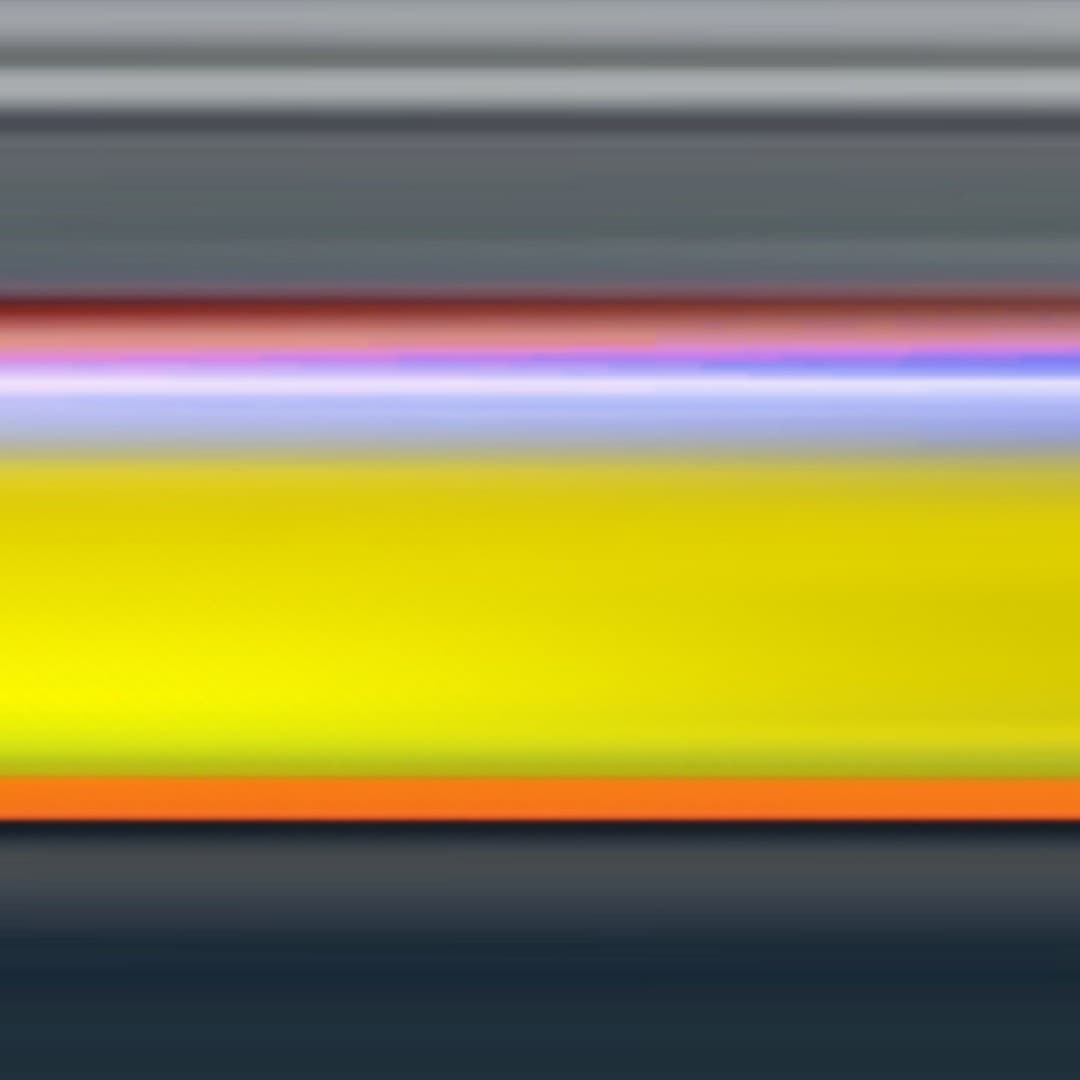Deutsche Oper Berlin
Die Frau ohne Schatten
Opera
Bismarckstraße 35, 10627 Berlin
Richard Strauss (1864 – 1949)

Description
Hofmannsthal wrote to Strauss in 1911 that the new opera was to Zauberflöte as the Rosenkavalier was to Figaro. And indeed, much in this work is reminiscent of Mozart's "grand opera": the encounter between different social classes, the fairytale-like plot charged with high symbolic value, but above all the awareness of an elementary turning point in time that calls the previous order into question. And here, as there, realisation is only achieved through difficult trials ...
About the work
According to Hugo von Hofmannsthal in a 1911 letter to Richard Strauss, in which he set out his idea for another collaboration between the two men, their next opera would be to Zauberflöte what Rosenkavalier had been to Figaro. And the work that premiered a full eight years later did indeed have strong echoes of Mozart’s »grand opéra«: there is the clash of different social classes, the fairytale-like, highly symbolic storyline and above all the strong feeling that ground-breaking change is underway which is challenging accepted orthodoxy and forcing issues of human interaction and values to the top of the political agenda.
And in both cases enlightenment is gained only through ordeal and adversity. Here the shadow has a pivotal function as a metaphor for female fertility: the barren Empress and her nurse bargain with the dyer’s wife for her shadow. Only when the Empress rebels against achieving marital happiness and maternal contentment at someone else’s expense does a path to social harmony open up.
About the production
Tobias Kratzer has chosen this monumental fantasy opera to close his cycle of Strauss works at the Deutsche Oper Berlin. Where Arabella explores how hard it can be to even start a relationship based on equal rights and Intermezzo depicts what can happen in a marriage that has gone stale, in Die Frau ohne Schatten Kratzer focuses on the challenge of rekindling a bond that has weakened through years of poor nurturing – an approach that extends far beyond the domestic sphere due to the ethical issues surrounding surrogate motherhood.
---
Die Frau ohne Schatten - Opera in three acts by Richard Strauss
Text by Hugo von Hofmannsthal
In German language with English surtitles
About the work
According to Hugo von Hofmannsthal in a 1911 letter to Richard Strauss, in which he set out his idea for another collaboration between the two men, their next opera would be to Zauberflöte what Rosenkavalier had been to Figaro. And the work that premiered a full eight years later did indeed have strong echoes of Mozart’s »grand opéra«: there is the clash of different social classes, the fairytale-like, highly symbolic storyline and above all the strong feeling that ground-breaking change is underway which is challenging accepted orthodoxy and forcing issues of human interaction and values to the top of the political agenda.
And in both cases enlightenment is gained only through ordeal and adversity. Here the shadow has a pivotal function as a metaphor for female fertility: the barren Empress and her nurse bargain with the dyer’s wife for her shadow. Only when the Empress rebels against achieving marital happiness and maternal contentment at someone else’s expense does a path to social harmony open up.
About the production
Tobias Kratzer has chosen this monumental fantasy opera to close his cycle of Strauss works at the Deutsche Oper Berlin. Where Arabella explores how hard it can be to even start a relationship based on equal rights and Intermezzo depicts what can happen in a marriage that has gone stale, in Die Frau ohne Schatten Kratzer focuses on the challenge of rekindling a bond that has weakened through years of poor nurturing – an approach that extends far beyond the domestic sphere due to the ethical issues surrounding surrogate motherhood.
---
Die Frau ohne Schatten - Opera in three acts by Richard Strauss
Text by Hugo von Hofmannsthal
In German language with English surtitles
Cast
Sir Donald Runnicles
Conductor
Axel Kober
Conductor
Tobias Kratzer
Director
Rainer Sellmaier
Stage-design, costume-design
Olaf Winter
Light design
Jonas Dahl
Video
Janic Bebi
Video
Manuel Braun
Video
Christian Lindhorst
Children’s choir
Kinderchor der Deutschen Oper Berlin
Children's Chorus
Jörg Königsdorf
Dramaturgy
Jeremy Bines
Choir Conductor
Clay Hilley
The Emperor
David Butt Philip
The Emperor
Daniela Köhler
The Empress
Marina Prudenskaya
The Nurse
Patrick Guetti
Spirit Messenger
Hye-Young Moon
The Guardian of the Temple's Swell
Chance Jonas-O'Toole
Shape of a Young Man
Nina Solodovnikova
The Voice of the Falcon
Stephanie Wake-Edwards
A Voice from top
Jordan Shanahan
Barak, the Dyer
Catherine Foster
The Dyer's Wife
Philipp Jekal
The One-Eyed
Padraic Rowan
The One-Armed
Thomas Cilluffo
The Crookbacked
Hye-Young Moon
1st Maidservant
Alexandra Oomens
2nd Maidservant
Arianna Manganello
3rd Maidservant
Hye-Young Moon
Children's voices / Voices of an unborn
Lilit Davtyan
Children's voices / Voices of an unborn
Arianna Manganello
Children's voices / Voices of an unborn
Martina Baroni
Children's voices / Voices of an unborn
Stephanie Wake-Edwards
Children's voices / Voices of an unborn
Alexandra Oomens
Children's voices / Voices of an unborn
Stephen Marsh
Voices of the guards
Kyle Miller
Voices of the guards
Geon Kim
Voices of the guards
Harald Heinz
Keikobad
Chor der Deutschen Oper Berlin
Chorus
Orchester der Deutschen Oper Berlin
Orchestra
Deutsche Oper Berlin
Bismarckstraße 35, 10627 Berlin
To enable Google Maps please accept functional cookies.

Your new app
ClassicCard
Get the free app directly on your mobile:
- Browse and book all concerts, operas and ballet events in Berlin
- Save up to 90% thanks to our permanently low prices
- Network with the community and share your experience




